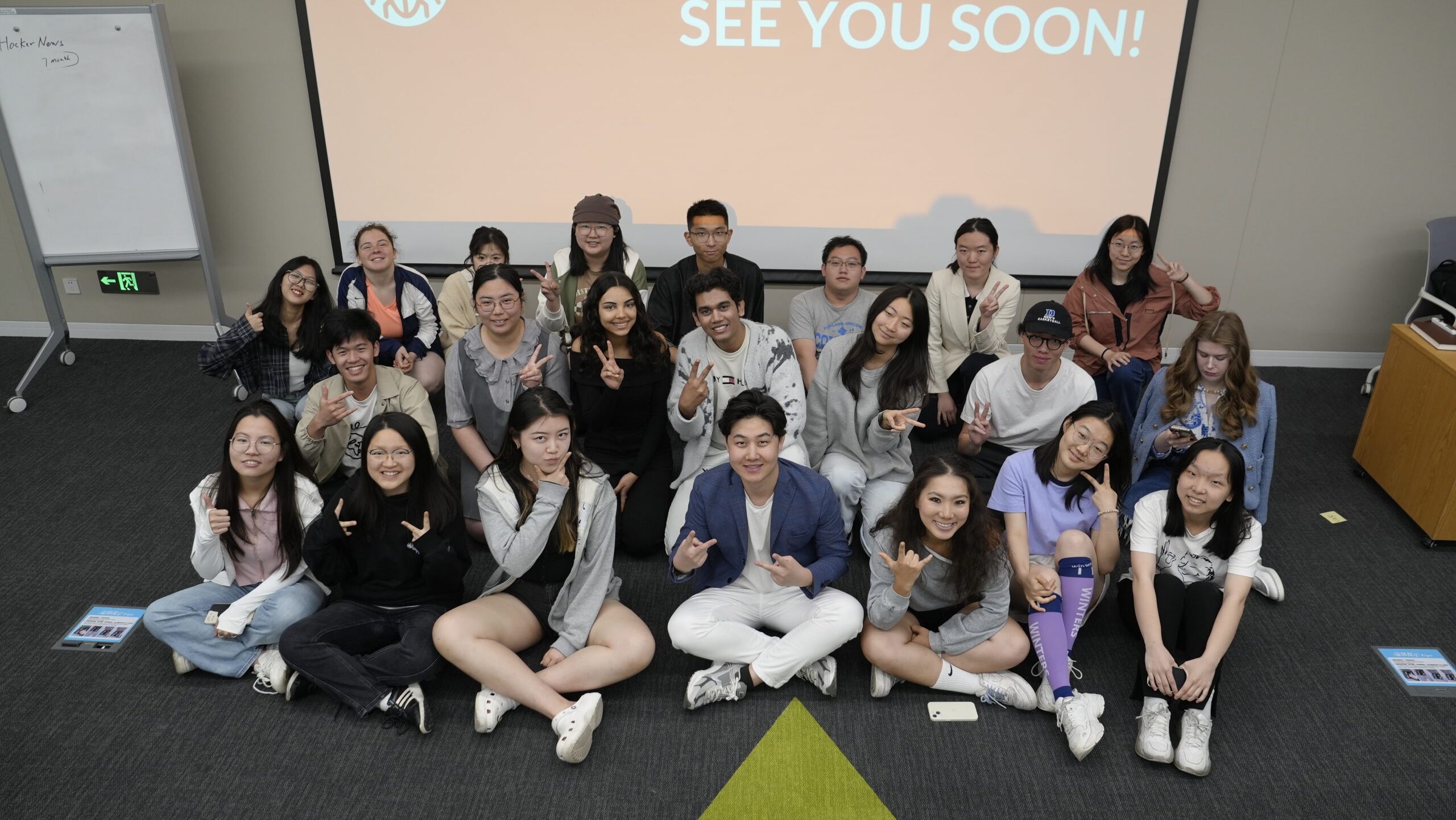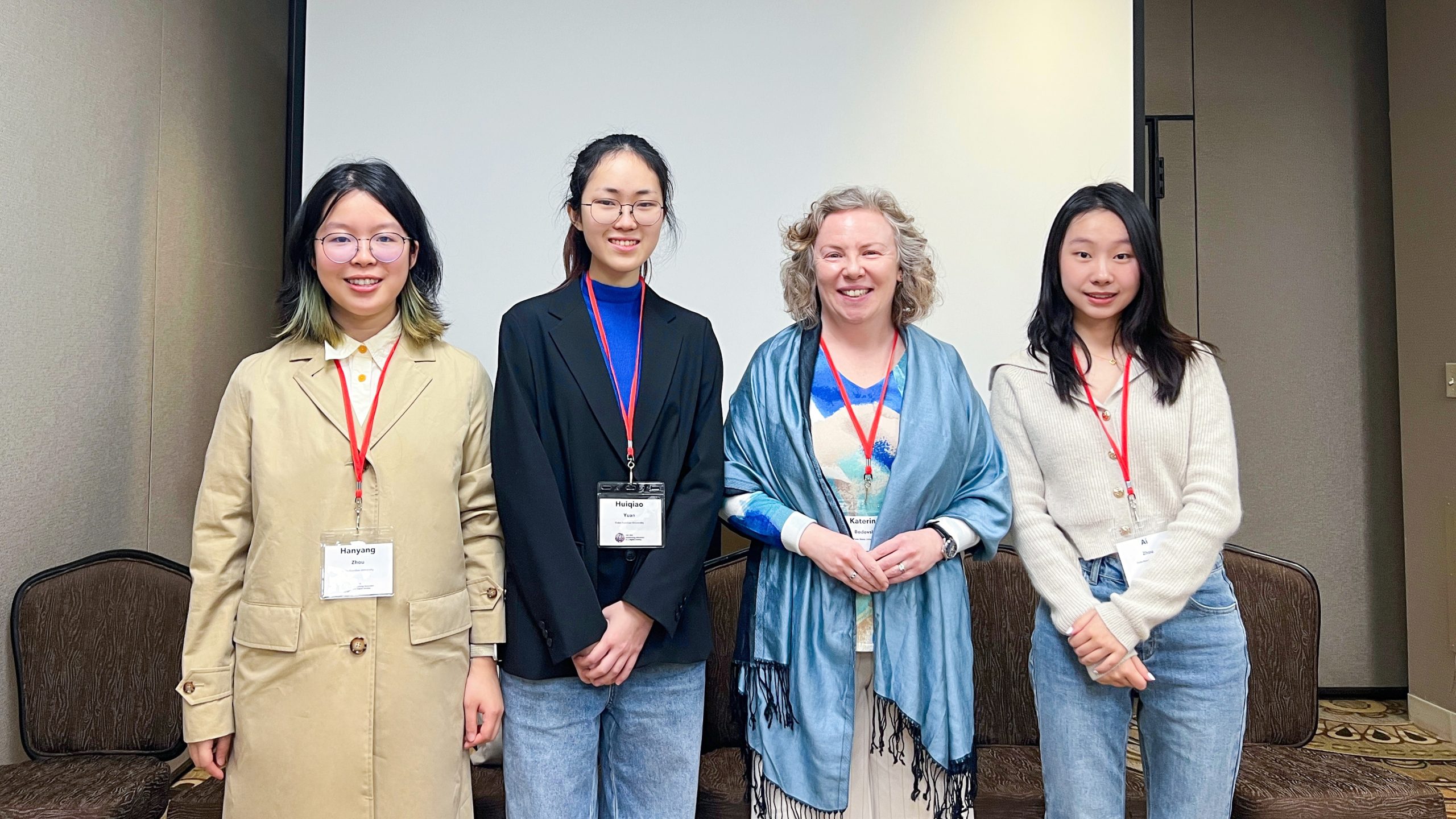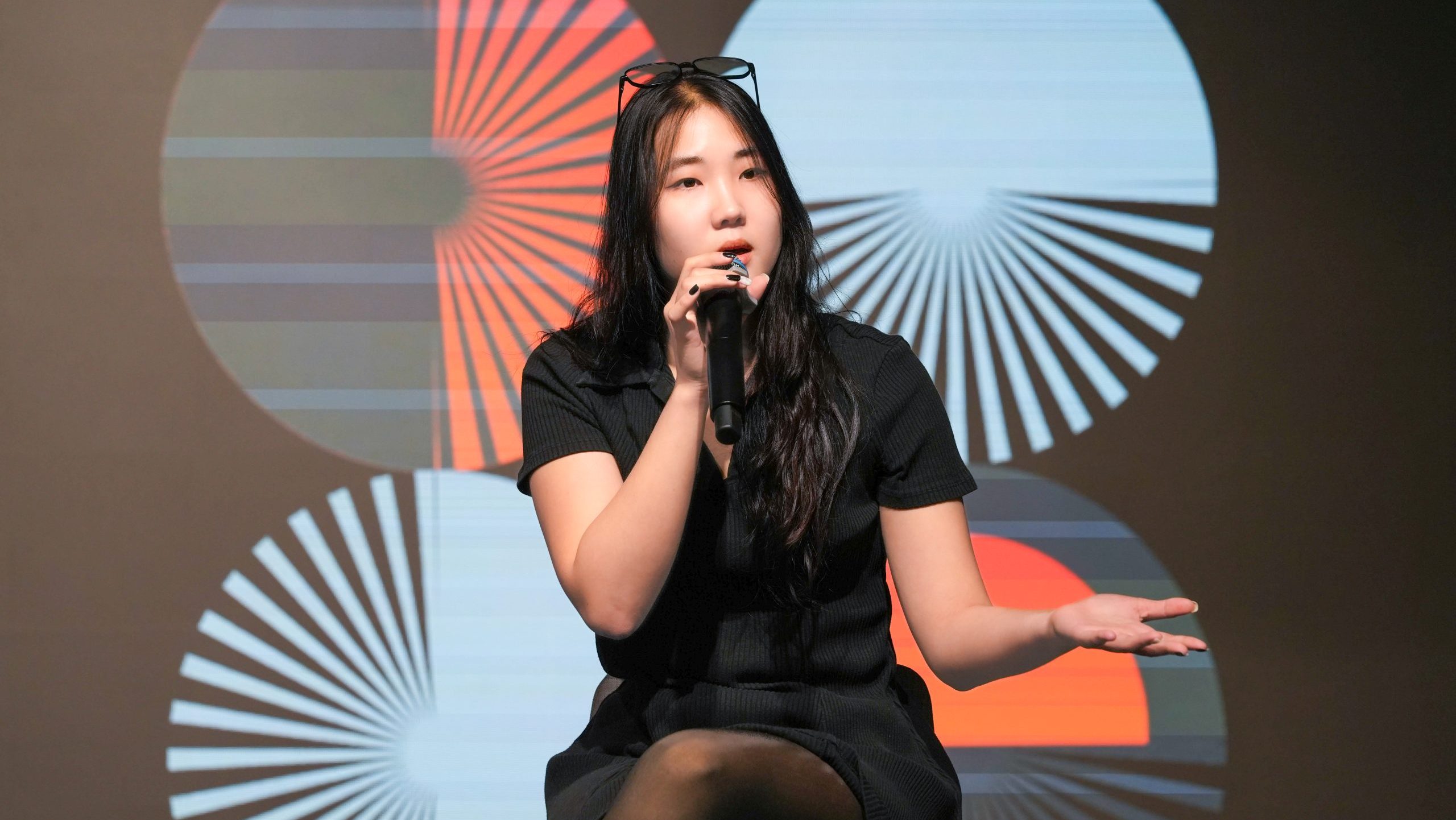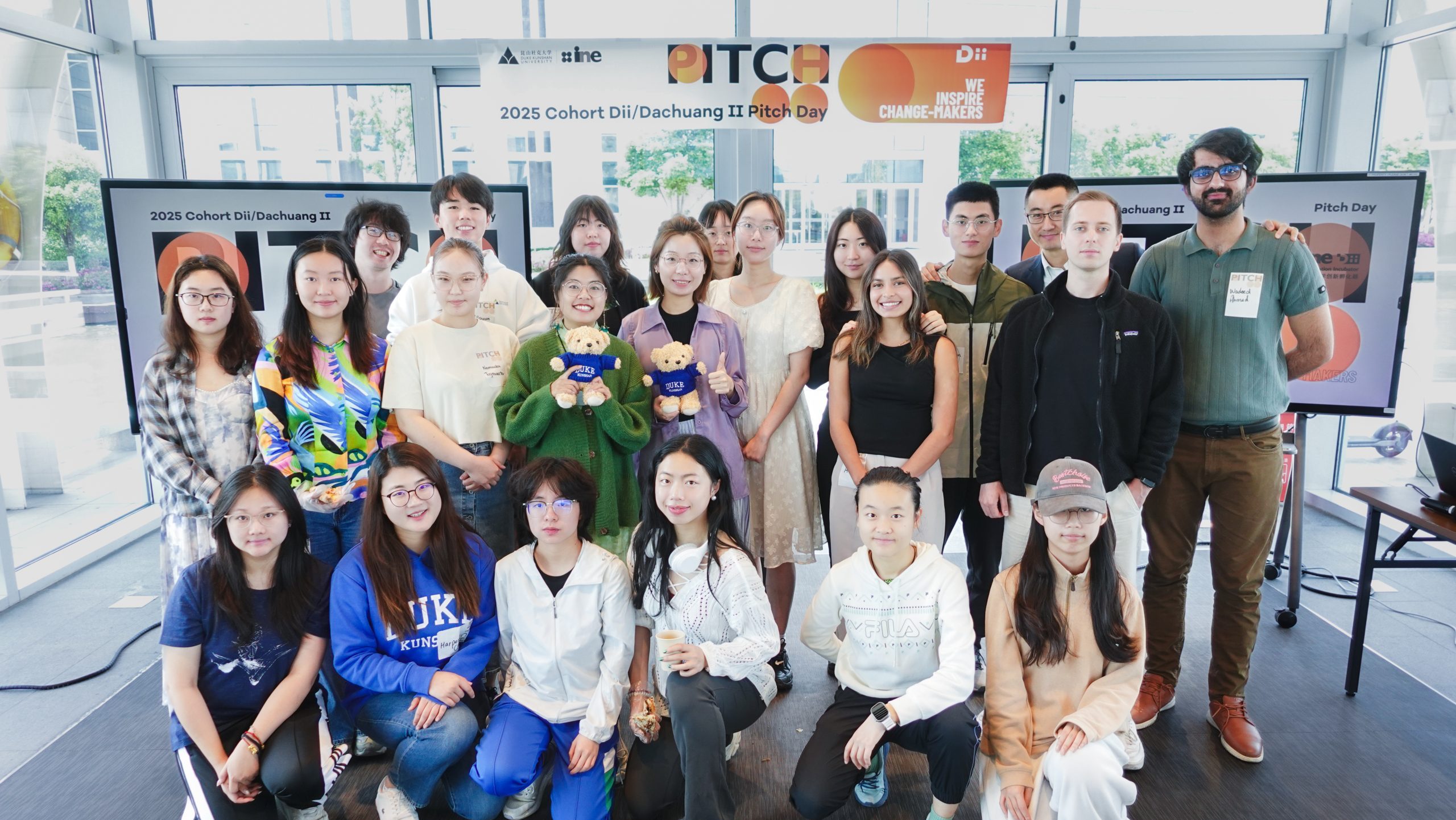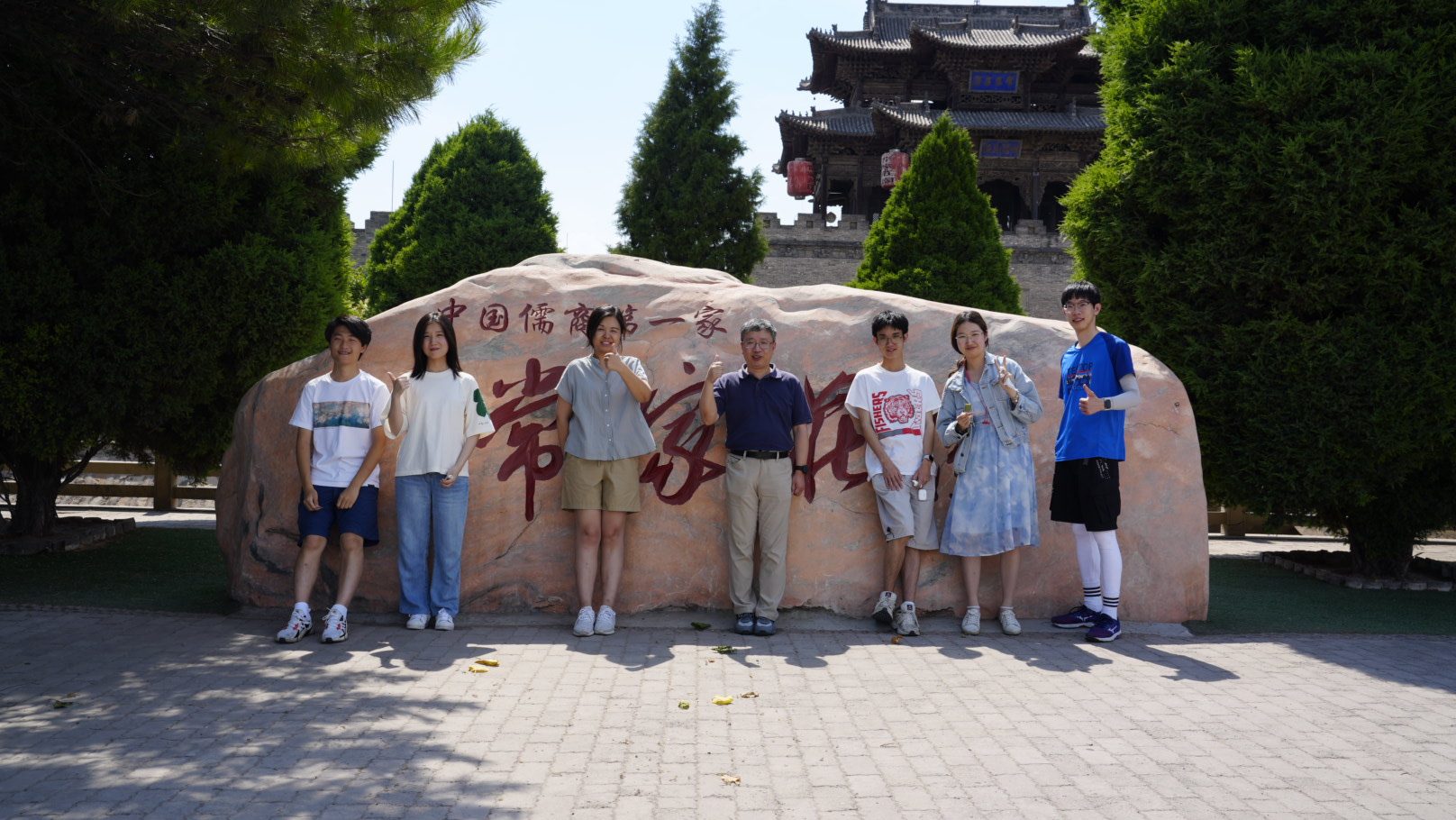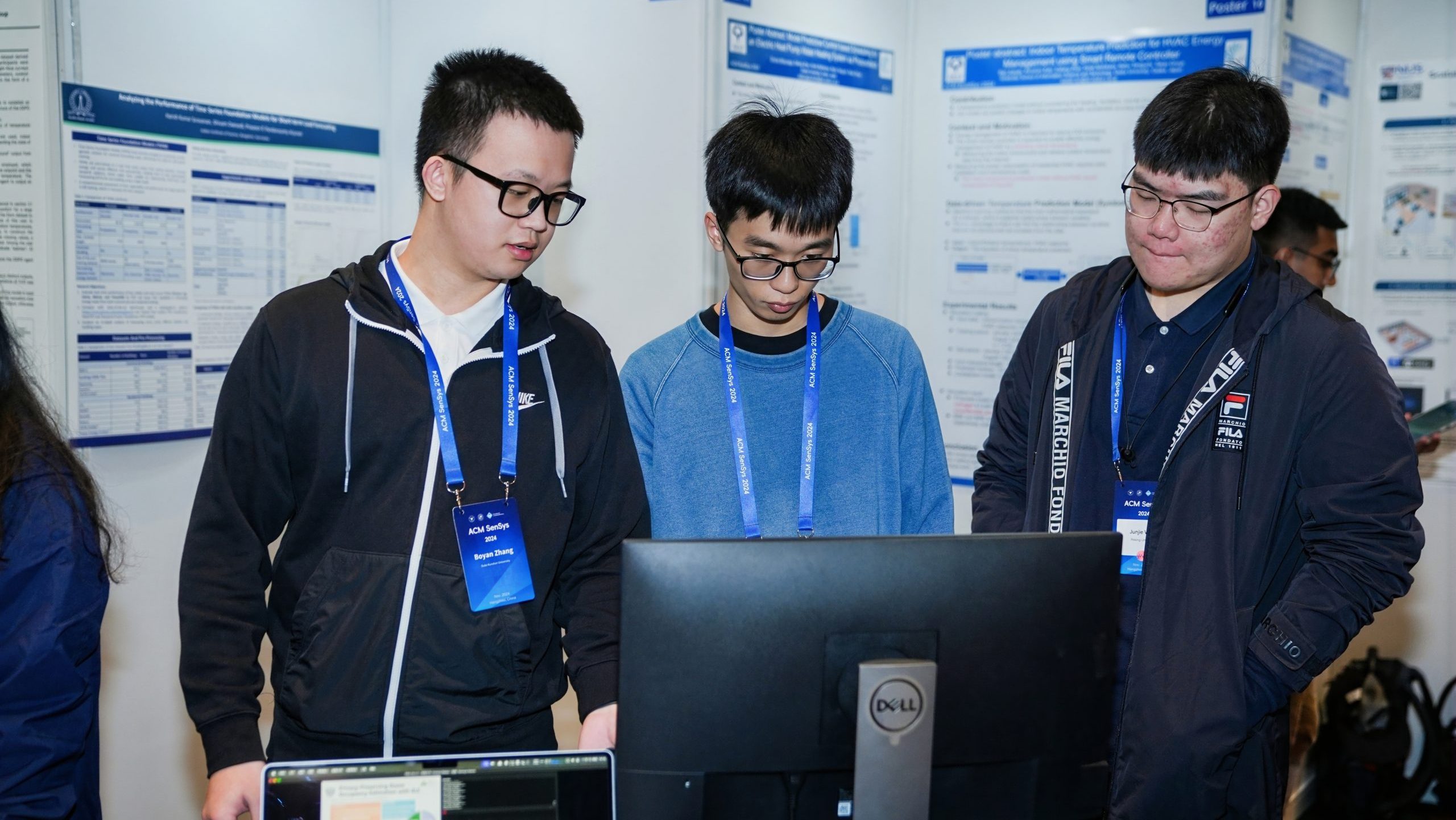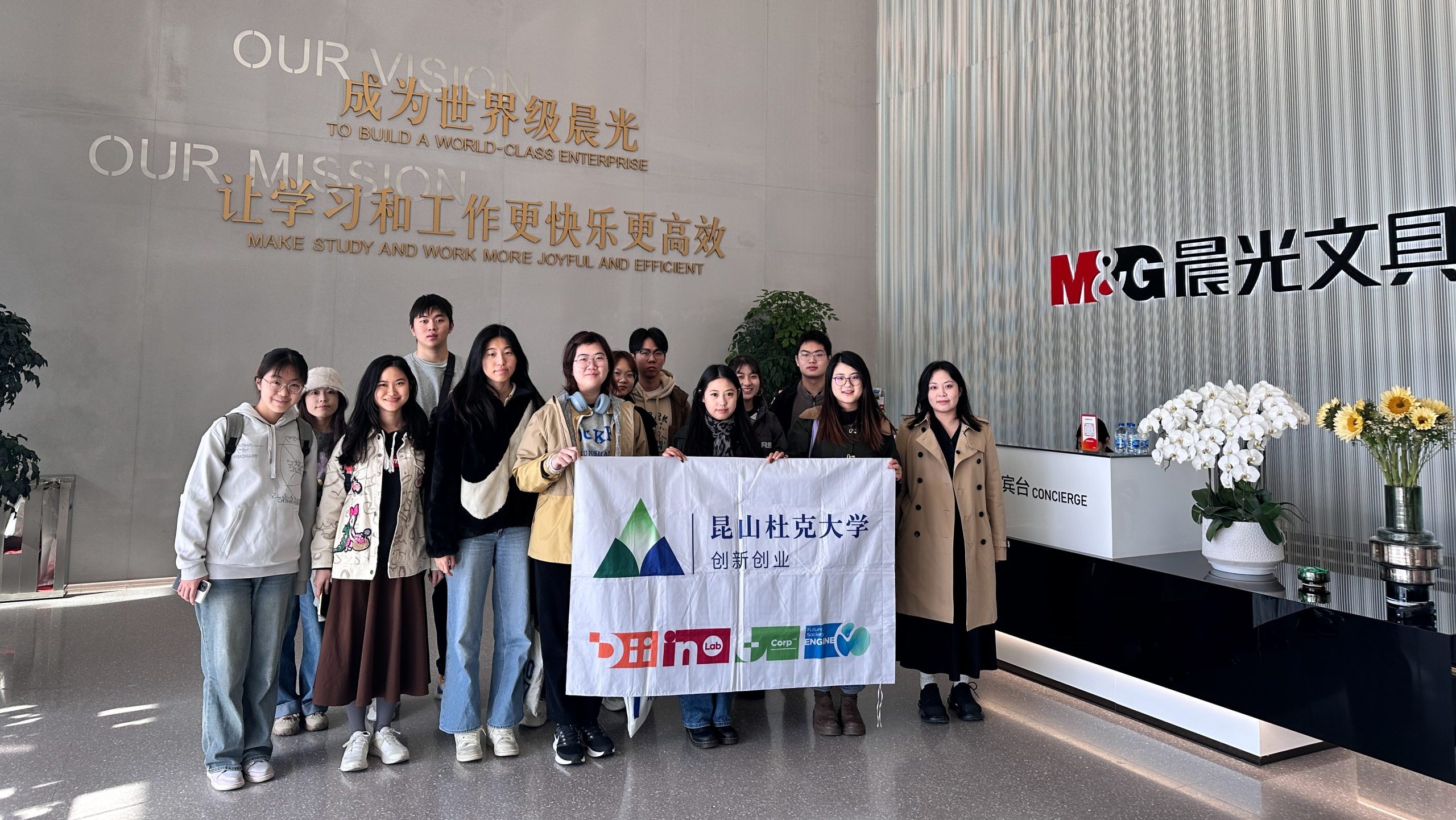“This is a process of running a startup. Starting from a simple idea to designing your own product, then turning it into reality, followed by how to establish a business model, how to connect with investors, and how to start a real business.”
This is a summary of the Startup Go Camp (SGC) entrepreneurial series course by Hongkai Zhu, a student from the class of 2024, and it is also an accurate portrayal of the course content. SGC, jointly launched by angel investor, founder of Inner Journey, and founder of the NGO Code of Love, Kehan Dong, in collaboration with the DKU Innovation and Entrepreneurship Initiative, is tailored for student entrepreneurs. It provides comprehensive guidance for the initial stage of entrepreneurship from 0 to 1, helping students to start their own entrepreneurial projects.
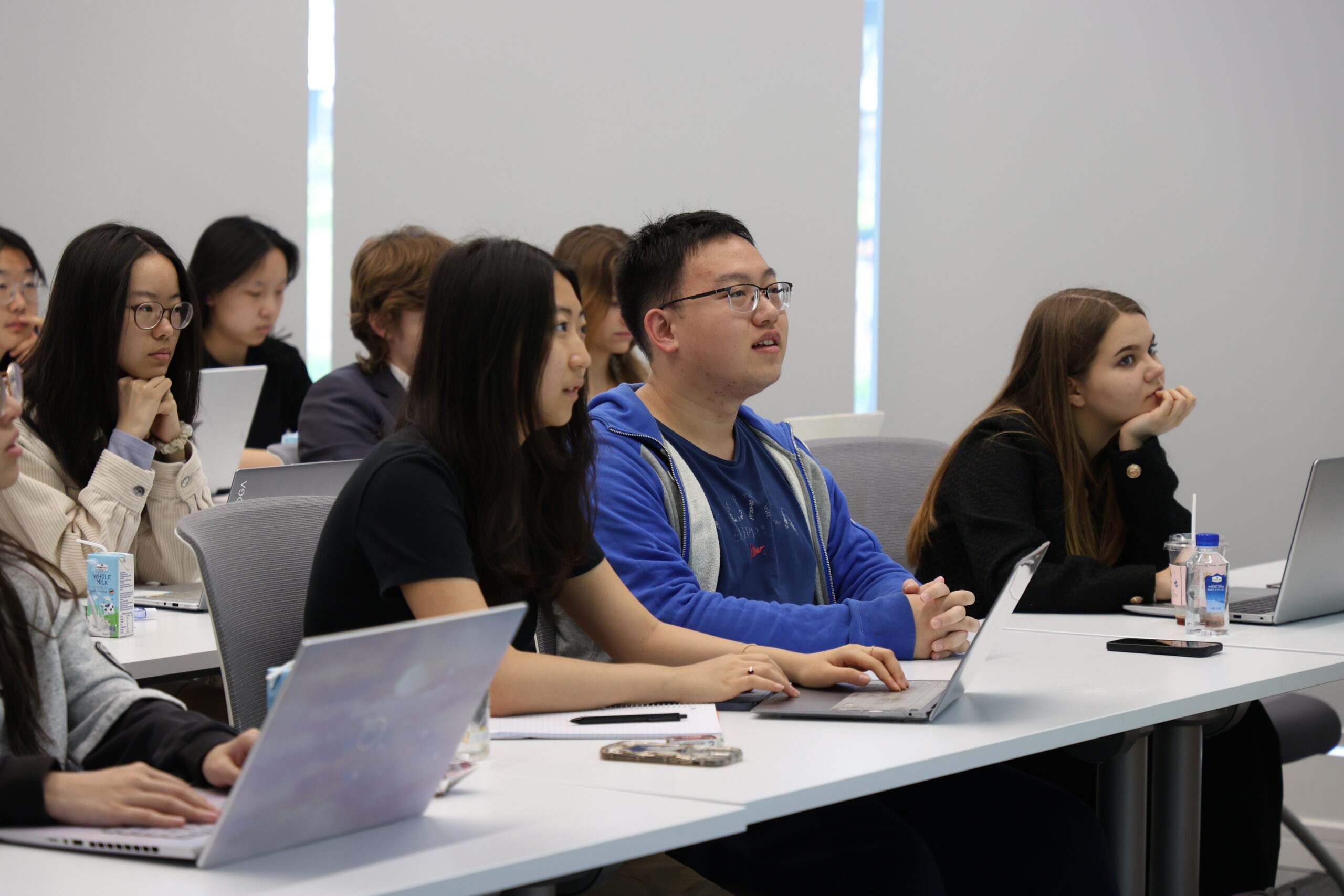
The SGC course lasts for six weeks, with a separate theme for each week, covering core areas such as entrepreneurial basics, market demand identification, user research, product construction and iteration, business strategy, team management, and finding financing. Participants are familiarized with the entire process of incubating a business concept to building a business model and are encouraged to try creating their own projects in practice.
Kehan often combines classic business cases with his own entrepreneurial experience for theoretical explanations. His unique insights based on reality have also brought new inspiration to students. The explanation of the Facebook startup case left a deep impression on Md. Sohan Mahmud (Trevor), a student from the class of 2027. Facebook was initially established to solve the inconvenience of internal contacts at Harvard, and now it has become a global social media network. While sharing the case, Kehan did not stop at sharing a single case but proposed the entrepreneurial concept that Trevor remembers to this day: all businesses in the world start from solving a problem, and entrepreneurs need to find a problem and try to solve it with their own methods.
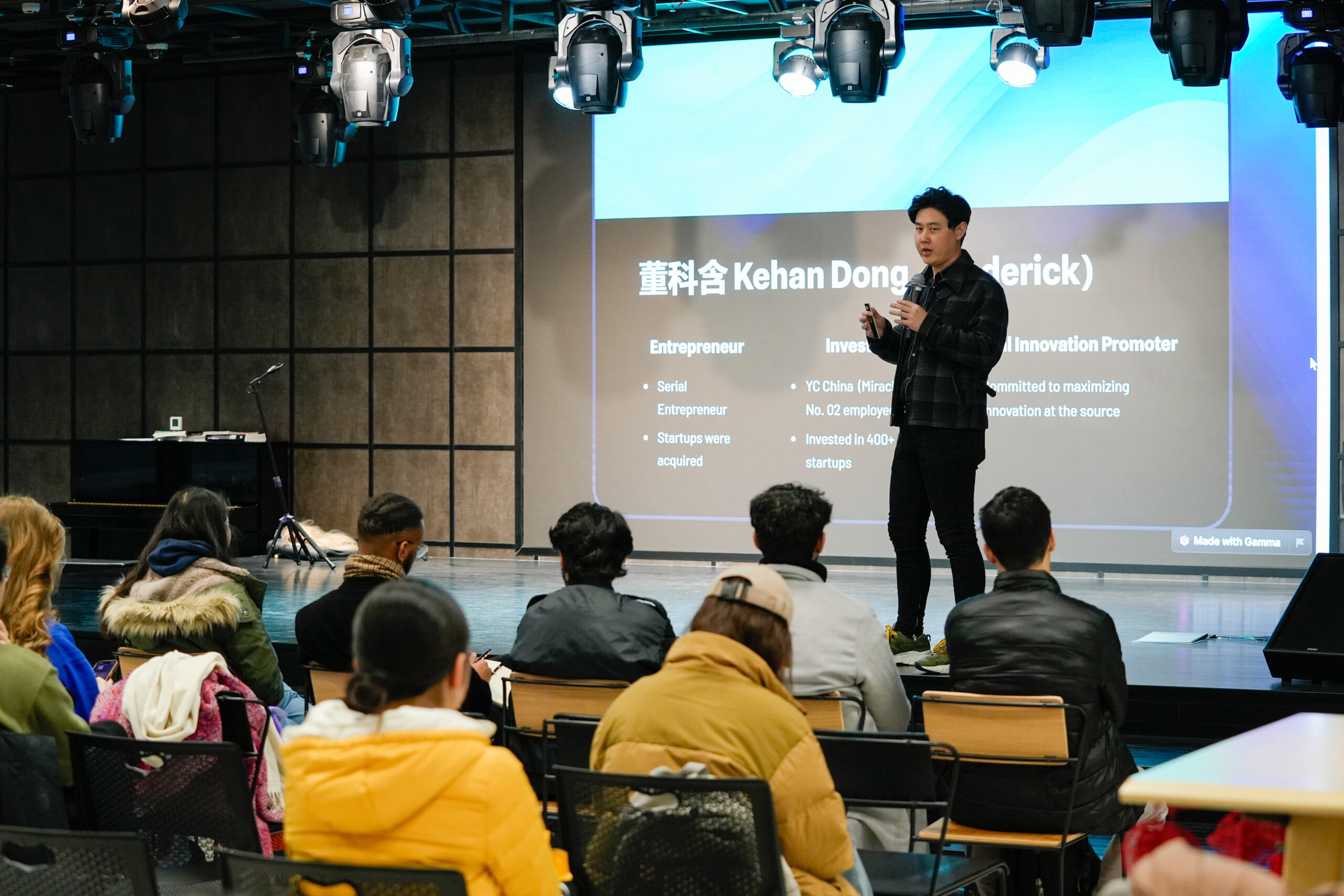
In addition to business theory and experience, the teaching of specific business skills has also benefited students. Yifan Wu, a student from the class of 2027, was most impressed by Kehan’s explanation of the MVP (Minimum Viable Product). In the process of perfecting the MVP to obtain user feedback, it is not enough to just distribute questionnaires to get the most authentic feedback. Not only should the content of the questionnaire be carefully designed, but one-on-one communication with customers and user data monitoring are also methods that should be used. Under the course setting that strives to connect with the real business environment, students will quickly put the skills they have learned in class into practice. The classroom activity in the third lesson is to form a team to design an MVP plan that includes objectives, a feature list, and verification indicators. Students are required to find real business opportunities, really do market research, user portraits, and so on, and start building their own projects. This classroom activity has also become the starting point for many groups’ final projects.
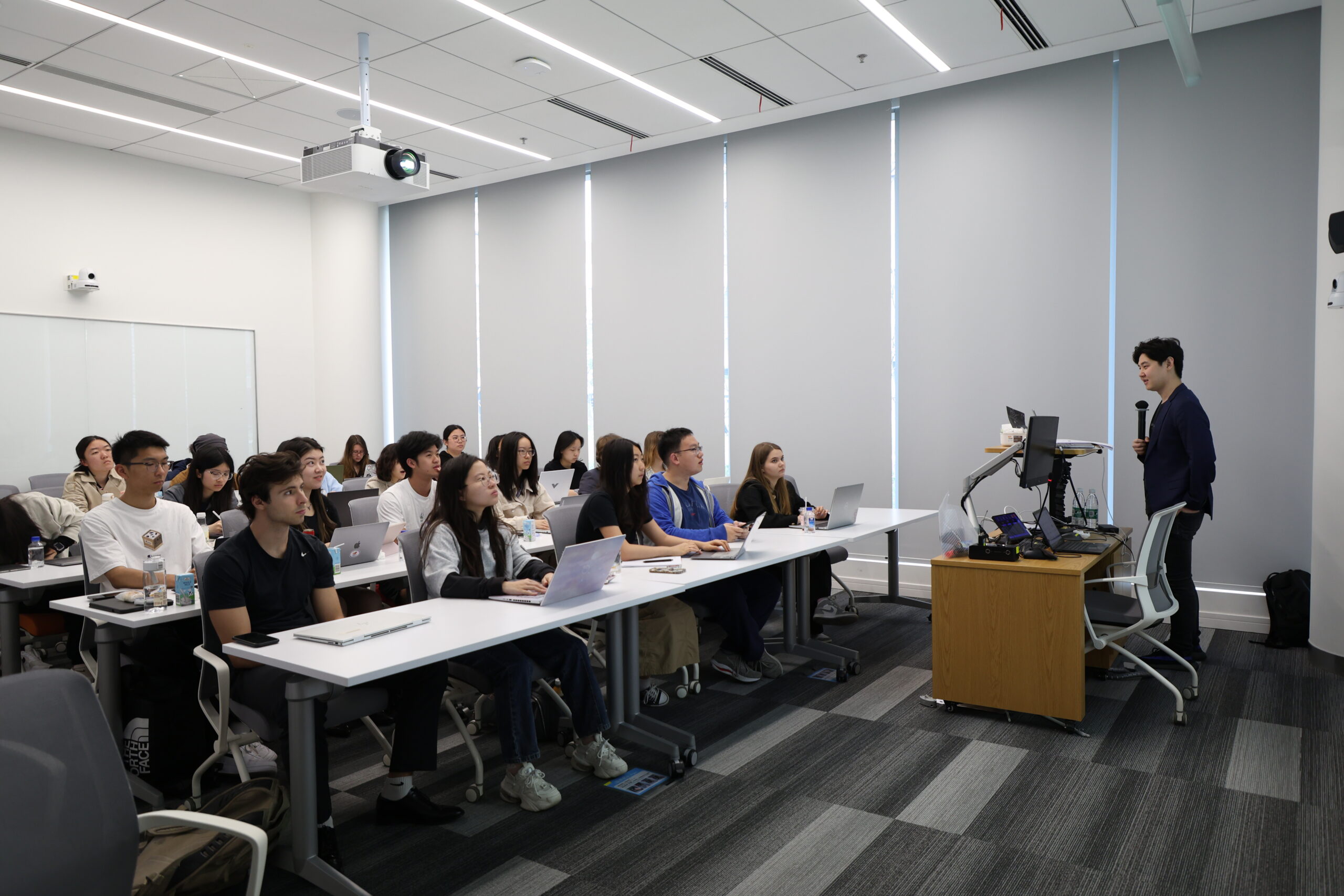
Outside the classroom, the four-hour Office Hour every week has become the most impressive course setting recognized by Teacher Kehan and one-third of the students interviewed. As an educator, Kehan believes that a good educational method is not limited to classroom explanations, but more importantly, “the time of high-quality interaction with students,” achieving in-depth communication and interaction between teachers and students, which is also the purpose of Office Hour.
Communication is a gradual process. For students, due to the fear of negative evaluations from others, they sometimes hesitate to speak out their ideas. “They may worry that their ideas will be considered silly by others, but in fact, everyone starts this way.”
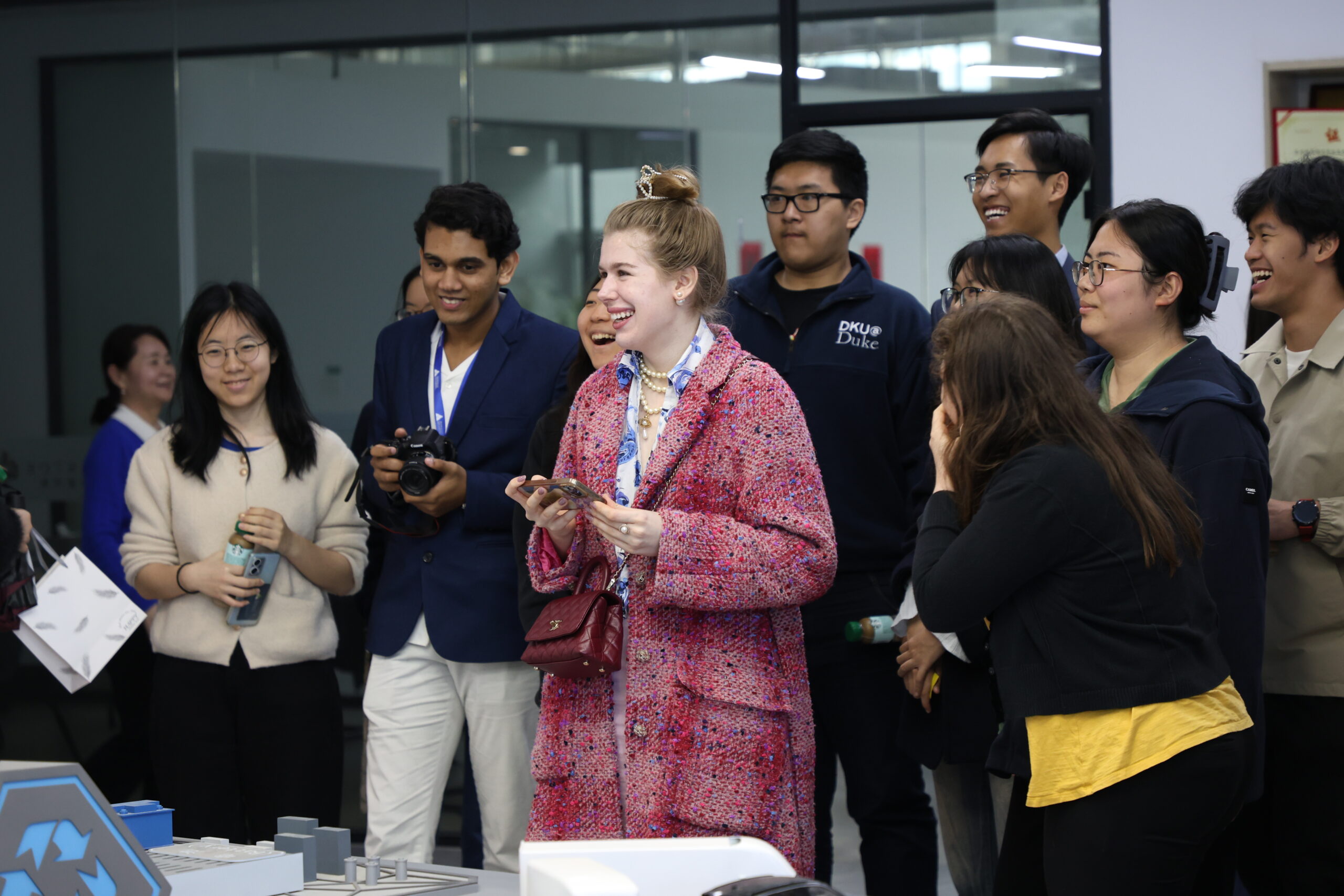
For students’ ideas, Kehan always encourages and hopes that students will explore more, giving practical advice from specific aspects such as product construction and marketing strategies, guiding students to think actively and improve their plans. With the accumulation of time spent together, Kehan can feel that students are gradually daring to speak out their true inner thoughts. “They started to share more with me, and made great progress, and I can feel it. This is the most wonderful moment in my educational career.”
Six weeks of learning and cooperation have allowed students to meet many peers with the same interests. They have gained friendships, and many people have become entrepreneurial partners who hit it off, continuing to build their projects during the summer vacation. The field trips in cooperation with off-campus technology companies have extended this communication and connection beyond the campus. By visiting companies up close and communicating face-to-face with founders, students have learned about real-life business operations from a first-person perspective and expanded their social network.
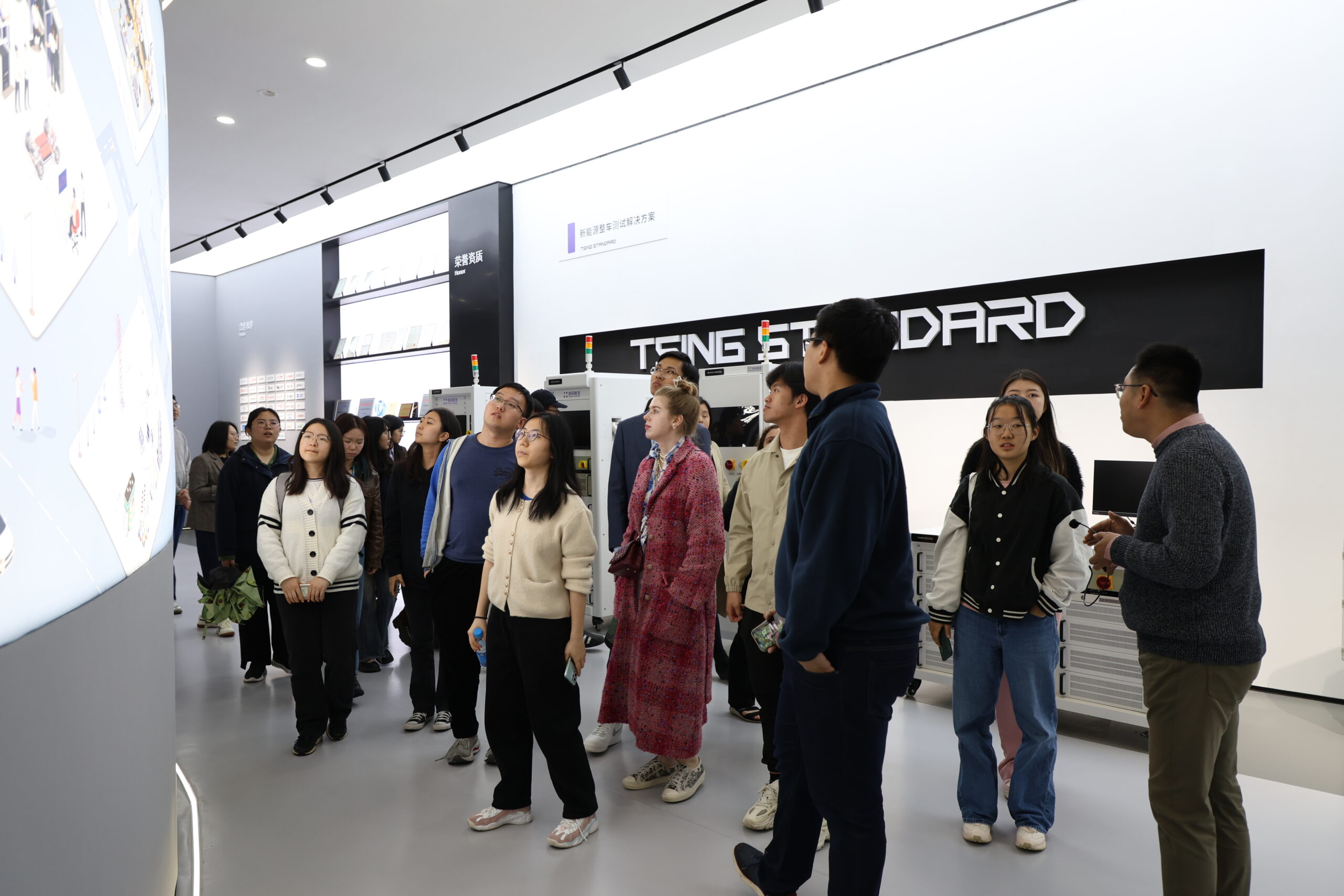
“We hope that Startup Go Camp will become a community and hub, allowing members to explore entrepreneurial culture and then decide whether to really engage in entrepreneurship, which is also the original intention and hope of our project,” said Dr. Ren Liqi, Associate Director for DKU Innovation and Entrepreneurship Initiative. SGC, with entrepreneurship as the link, connects people with the same entrepreneurial dreams and advances together on the road of entrepreneurship.
As the first entrepreneurial series course opened under the InE framework, SGC has achieved quite remarkable results. Students rated the course as high as 90.4 points and have expressed their love for the course many times in private.
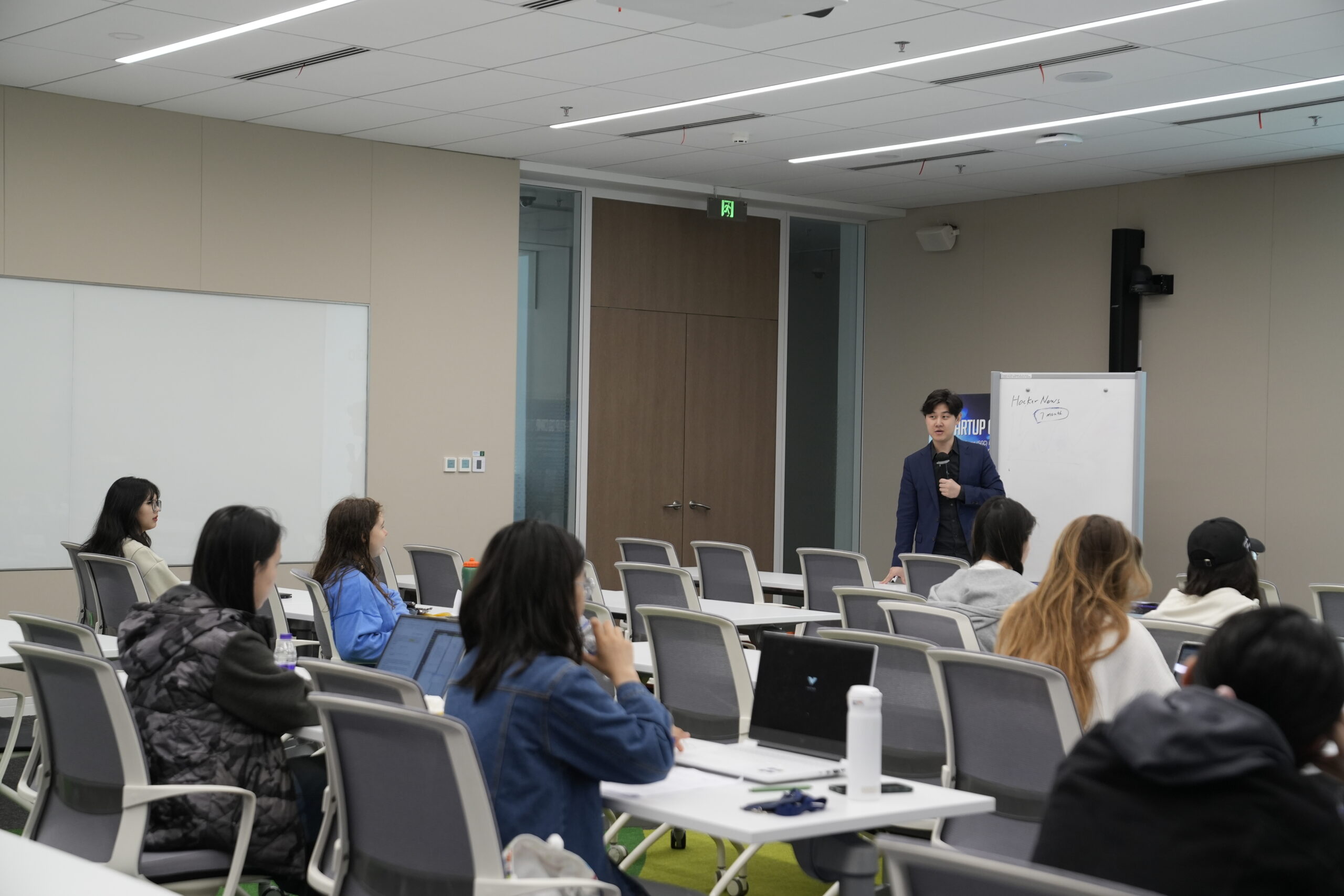
The participation of many freshmen in SGC also delighted Dr. Ren Liqi. “I am very happy to see that they have started learning entrepreneurship and have their own entrepreneurial ideas… I hope this project can become a channel for InE to contact freshmen, and I hope freshmen can join this project to jointly develop future projects and bring more innovative ideas to other projects such as the DKU Innovation Incubator (Dii).”
The end of the SGC course is not the end of students’ entrepreneurial attempts. During this summer vacation, Trevor and his teammates will continue to work hard to create their own B to B trading communication platform, Yifan Wu will build the online note-sharing website they envisioned with his teammates, and more students are also working hard for the projects they dream of. For them, SGC is not only a lecture on knowledge and experience but also an opportunity for self-exploration. As Dr. Ren Liqi said, “Our goal is to explore your inner spirit, explore culture, become an independent thinker, become a team player, or become more fond of innovation. This may affect your future.”
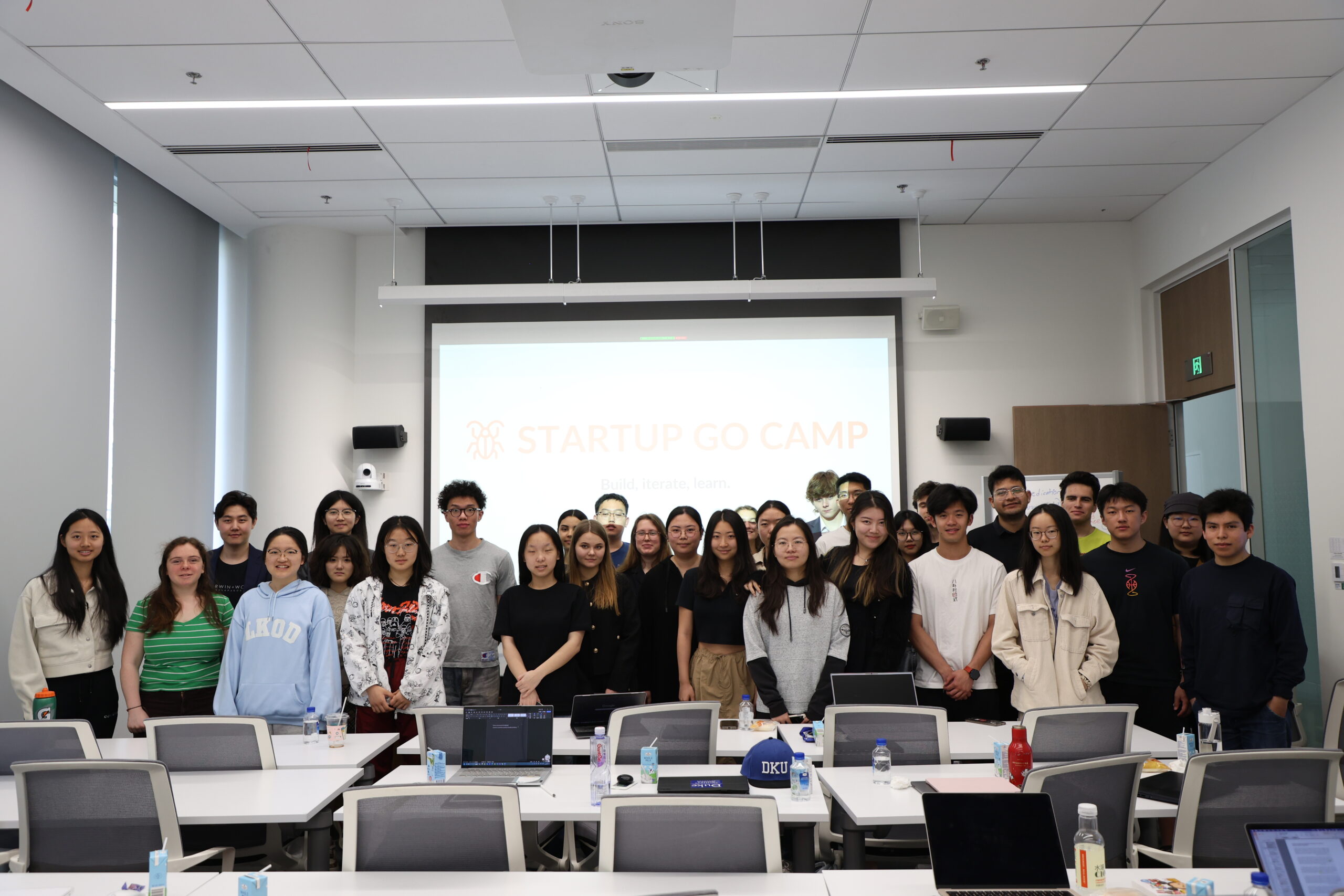
For Kehan, Startup Go Camp is also a precious attempt and exploration. The enthusiasm, creativity, and rapid learning ability of DKU students accompanied him in completing his first attempt to teach in English at the university. The best annotation of this exploration is the ending of his circle of friends after the course, “I believe this is just the beginning, and there will be more innovation emerging here in the future.”

